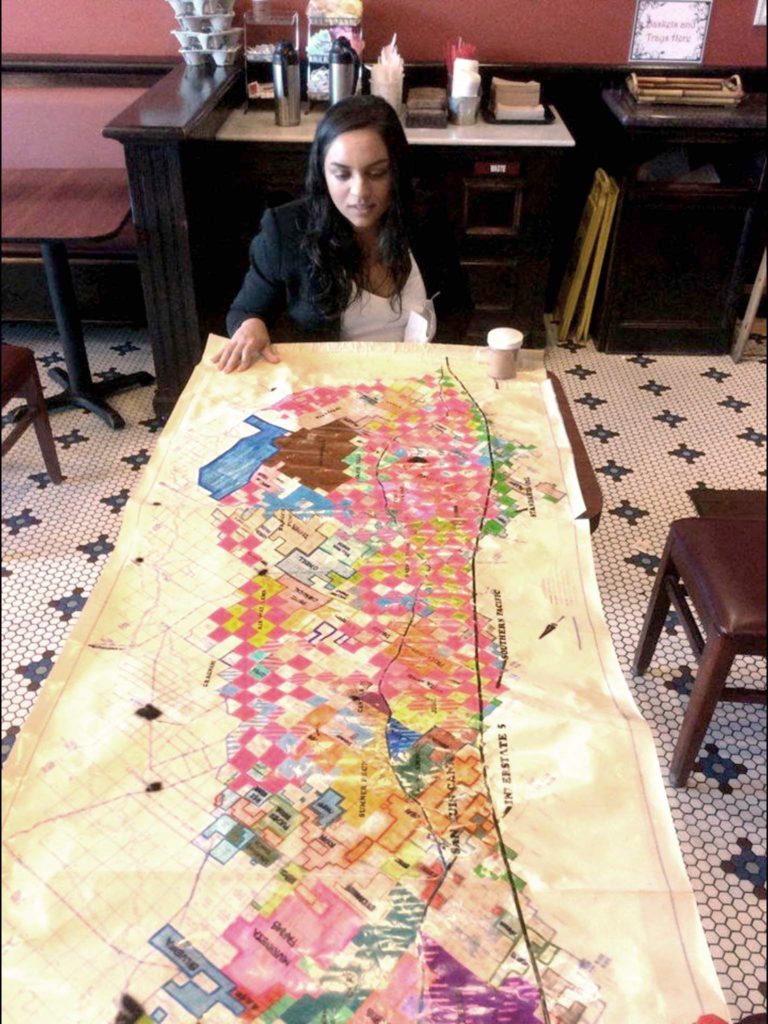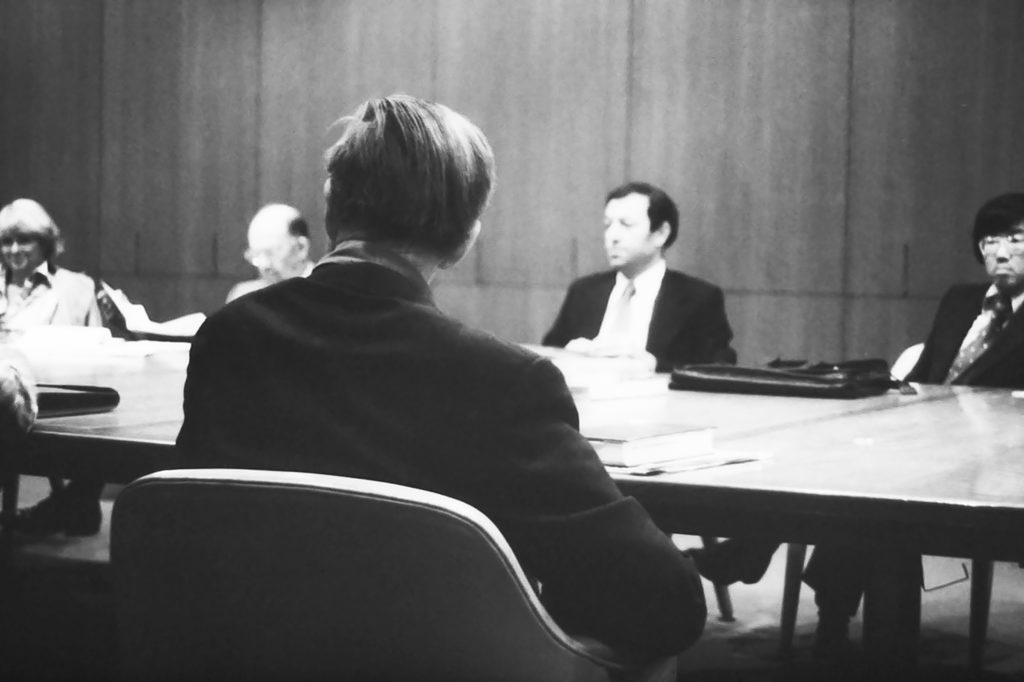

By Trudy Wischemann
A recent book review, “Like Lightning: A Book for Our Time” (Community Alliance, August 2021), stressed the seminal role of Paul Taylor, the humanist Berkeley economist, in energizing scholars to enter the fray of researching industrial agribusiness. Merrill Goodall was one of the scholars Taylor electrified.
Goodall’s work, which documented the negative effects of undemocratic political structures in some water districts, has become a portal through which we might find solutions to our disappearing water supplies.
In the late 1970s, when the author first learned of Goodall’s work, there was a flurry of activity over the enforcement of acreage limitation provisions of reclamation law, and at that time things like voting rights and property qualification sounded like the distant thunder of a Sierran storm. Forty-five years later, however, the impacts of these factors in reinforcing the political power of the agribusiness giants have become clear. This work now holds promise for cracking open a power structure long in need of reforming.
Anthropologist Walter Goldschmidt described Goodall’s research as “so potentially inflammable. It ought to just make people get angry.”
The author, a community studies specialist, named him as one of the great clouds of witnesses to the common good and likened him to Ruth Bader Ginsberg—he was that huge a man.
And community organizer/legal scholar Janaki Jagannath, rolling out a little thunder herself, questioned a tad more than hypothetically, “Can we have this undemocratic voting structure at water districts removed in California?…How do we change that?”
Goodall left us an answer. Let’s look at an introduction to his part in the struggle.
“The quiet guys are the most dangerous,” began a Fresno Bee editorial dated March 11, 1976. “Here’s this milk-toastish professor, Merrill R. Goodall of the Claremont Graduate School, who talks in such low tones you have to strain to hear him. But listen sharp. What he is saying is positively subversive—at least some may think so.”
What Goodall was saying is that there are two kinds of water districts, those governed by the “one man, one vote” requirements of the Wright Act of 1887, and “property-weighted,” or “undemocratic,” districts created by the California Water District Act of 1913. He was adamant that the differences between these two kinds of districts matter tremendously.
His research, conducted with Claremont colleagues in the early 1970s, showed some of the negative public consequences of the undemocratic districts, including fiscal irresponsibility and inequitable consequences for smaller landholders within their boundaries. These consequences were compared with irrigation districts governed by one person-one vote systems, which were far more equitable and fiscally stable.

The research showed how the burgeoning of these undemocratic districts between 1950 and 1970 resulted in a takeover, essentially, of water supplies provided by state and federal water development projects subsidized by the taxpayers. Based in political science, the research also questioned the constitutionality of property-weighted voting, and described the court challenges at that time, suggesting possible routes for change.
Goodall then took this information on the road. He spoke before citizens groups and academic conferences whenever the opportunity was given. He wrote opinion pieces for the New York Times when the news needed clarifying.
He became a member of the California Water Commission and asserted the principles of equal rights among water users at every turn, and even afterward, critiquing the California Water Plan Update of 1993 for its “failure to note the social effects, the community effects and the income effects of some types of water development.”
Also, in 1993, he submitted a proposal to the California Democratic Party Platform affirming its support of “One Person-One Vote Elections in the State’s Water Districts.” In that proposal, he noted this key element: “Article 1, section 22, of the California Constitution reads: ‘The right to vote or hold office may not be conditioned by property qualification.’”
He then detailed the dismal decisions of the conservative U.S. Supreme Court in upholding property-weighted voting in two California cases, and stated: “The state legislature can legally change the voting method since the method was itself created by the legislature.”
In a 1991 presentation, he also noted that “Article 1, section 7(b) reads: ‘A citizen or class of citizens may not be granted privileges or immunities not granted on the same terms to all citizens. Privileges or immunities granted by the legislature may be altered or revoked.’”
So what Goodall was saying then, and kept saying until the day he died in 2002, was that changing this power structure is possible as well as socially necessary. That’s only subversive if you believe in the rights of kings, that is, the rights of elites with vast propertied estates to control public resources and the policy decisions over their use.
Many in America and here in California have fallen backward into that kind of feudal reverence, but most of us are simply ignorant of the facts Goodall was trying to get us to understand.
This quiet, milk-toastish man also told us what to do with what we’ve learned, despite the bleak history of opposing industrial agribusiness here and elsewhere, despite the accumulated power they now wield. In one of his later public presentations, he ended with this subversive, totally American thought:
“Now, what are we left with? It seems to me that you don’t give up; you follow the dictum of Joe Hill, who told us to go on, and organize…Family farming may be an endangered species, but that practice has important allies, the labor movement for one.
“In the 1930s, 1940s and 1950s, the basic political support for family farming in this state came from the central labor councils in Oakland and San Francisco and the statewide AFL-CIO.
“It came also from the religious community, and not only from mainstream denominations. And it came from many ordinary residents of our urban communities.
“So what to do? You go on and you organize.”
May they soon hear our thunder in Sacramento.
*****
Trudy Wischemann is a writer and a columnist for the Foothills Sun-Gazette, which admirably serves the small citrus-belt towns of Tulare County. Read her column, “Notes from Home,” at www.thesungazette.com. She is also compiling a volume of writings on California agriculture and the common good to be published next year.
